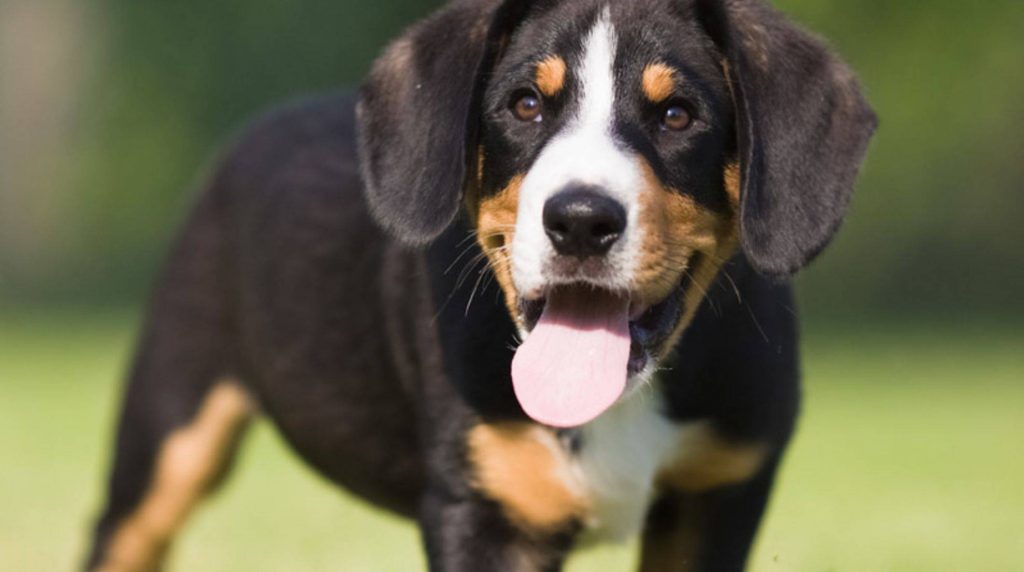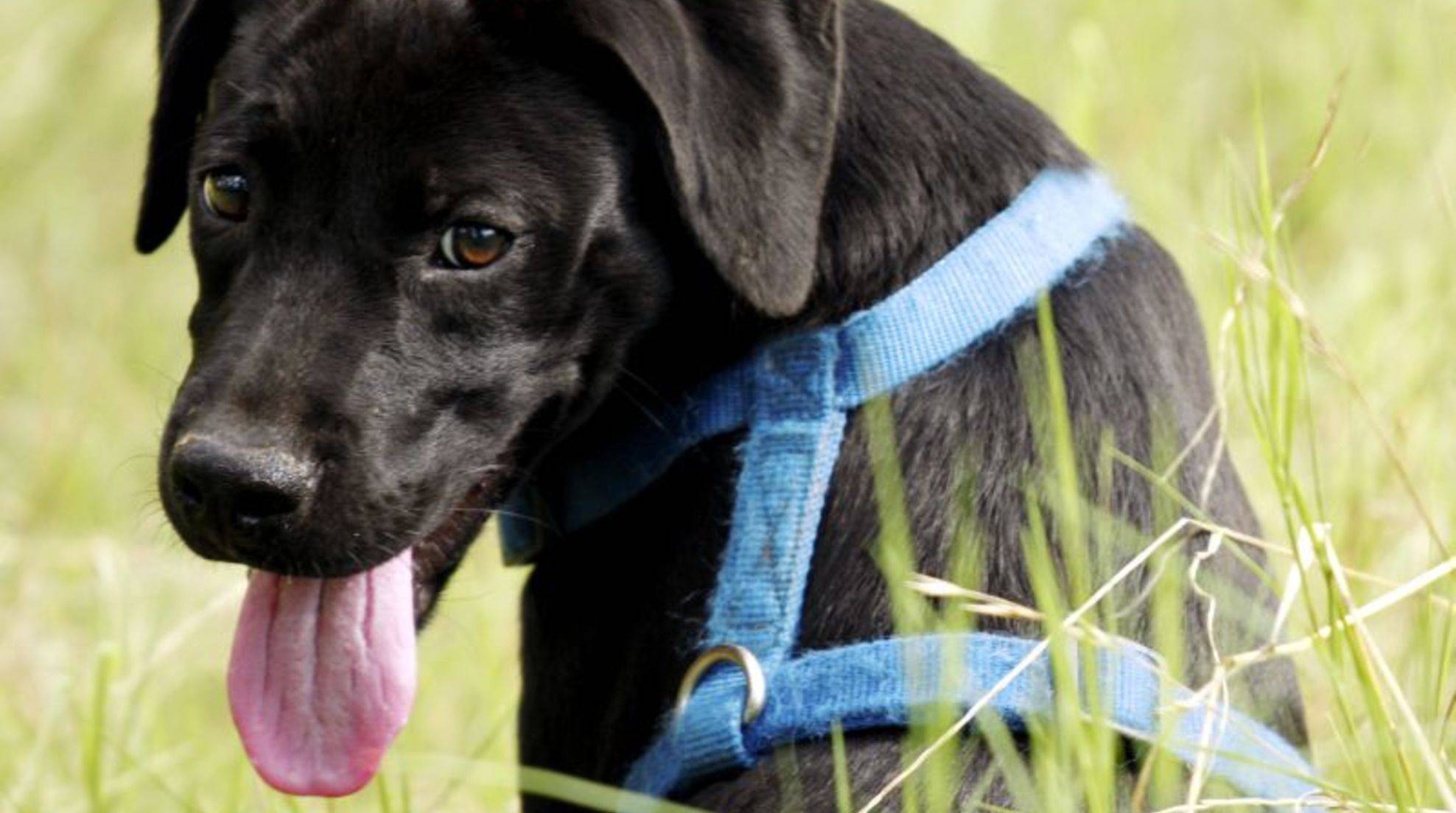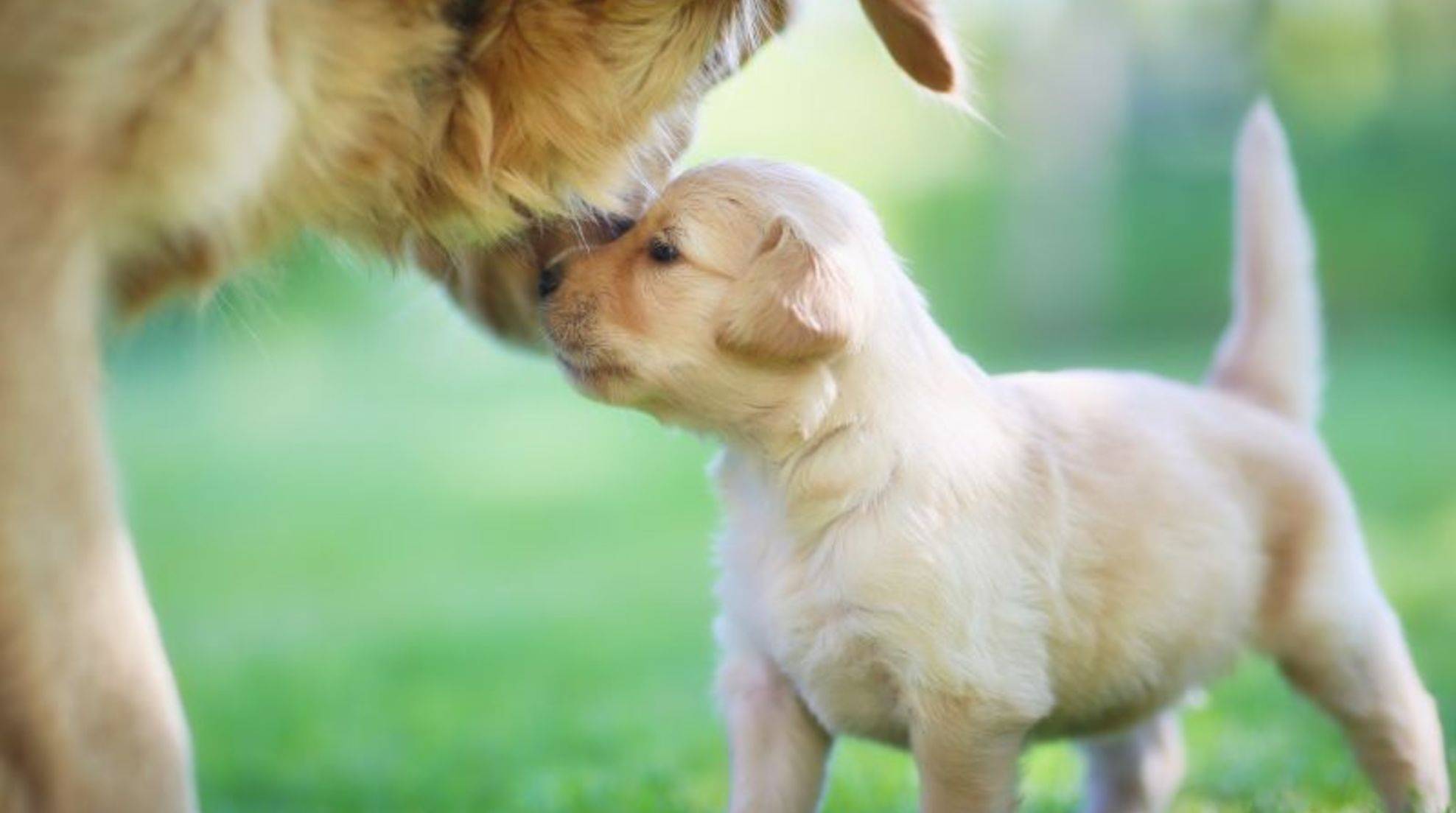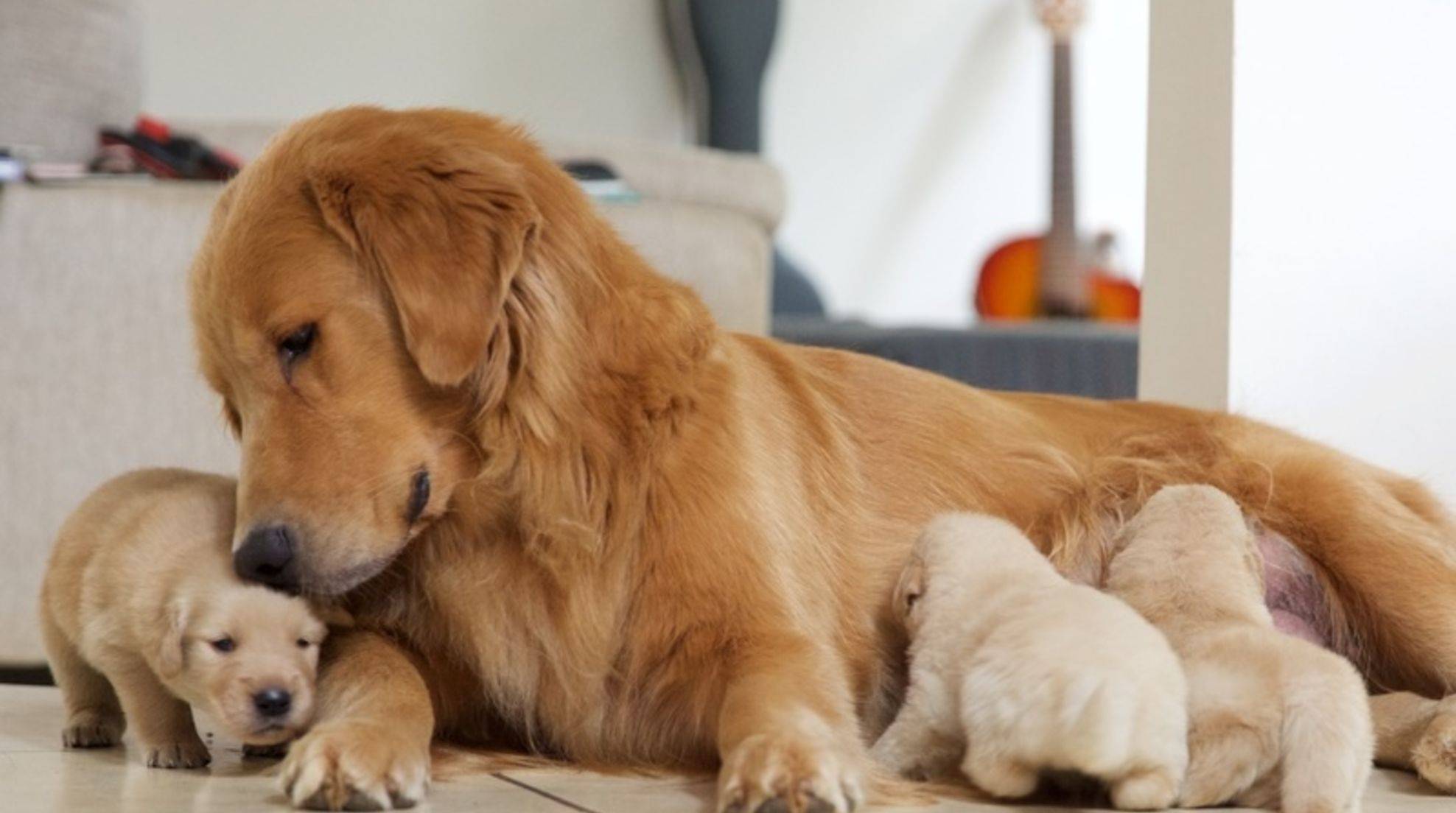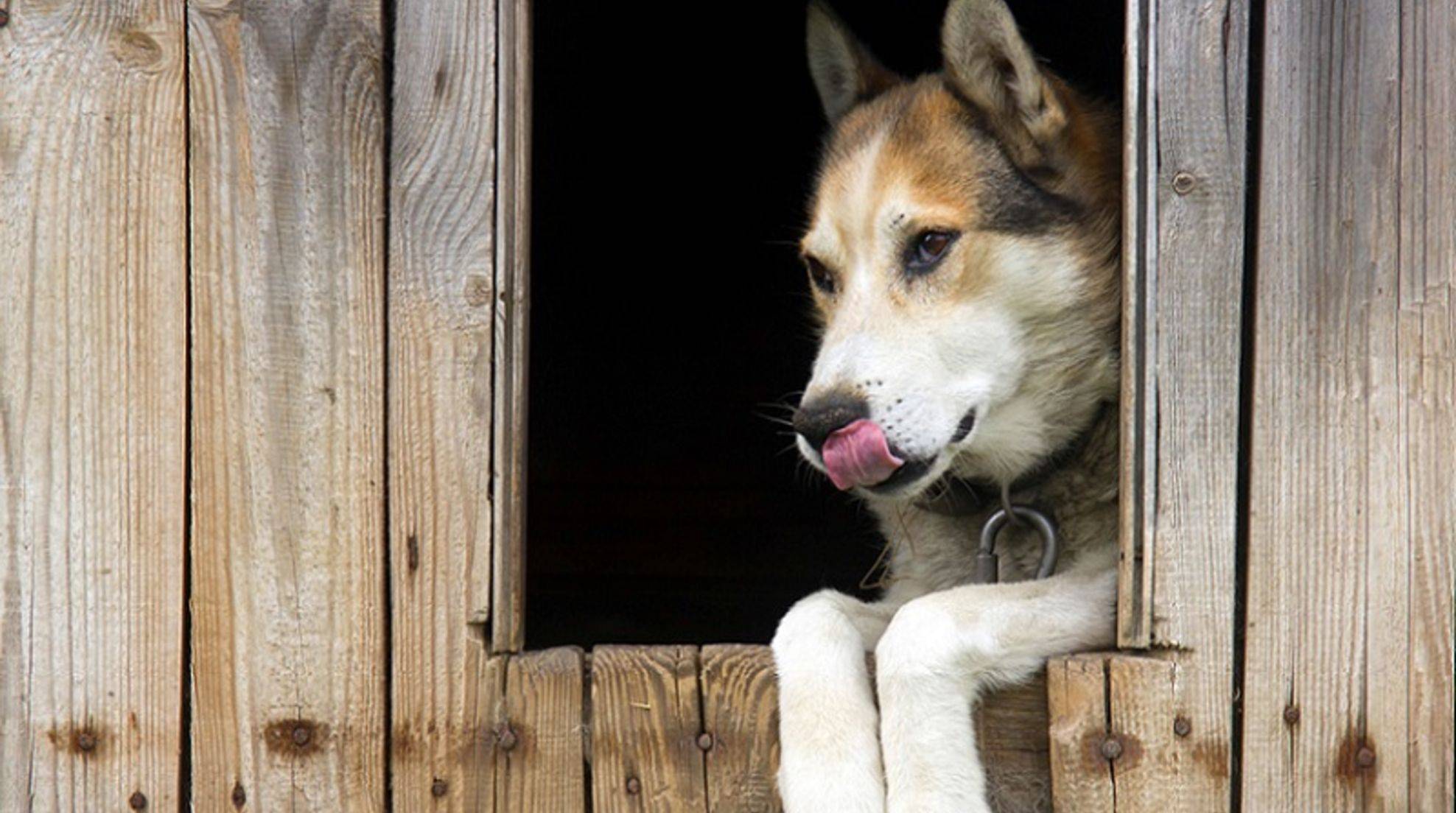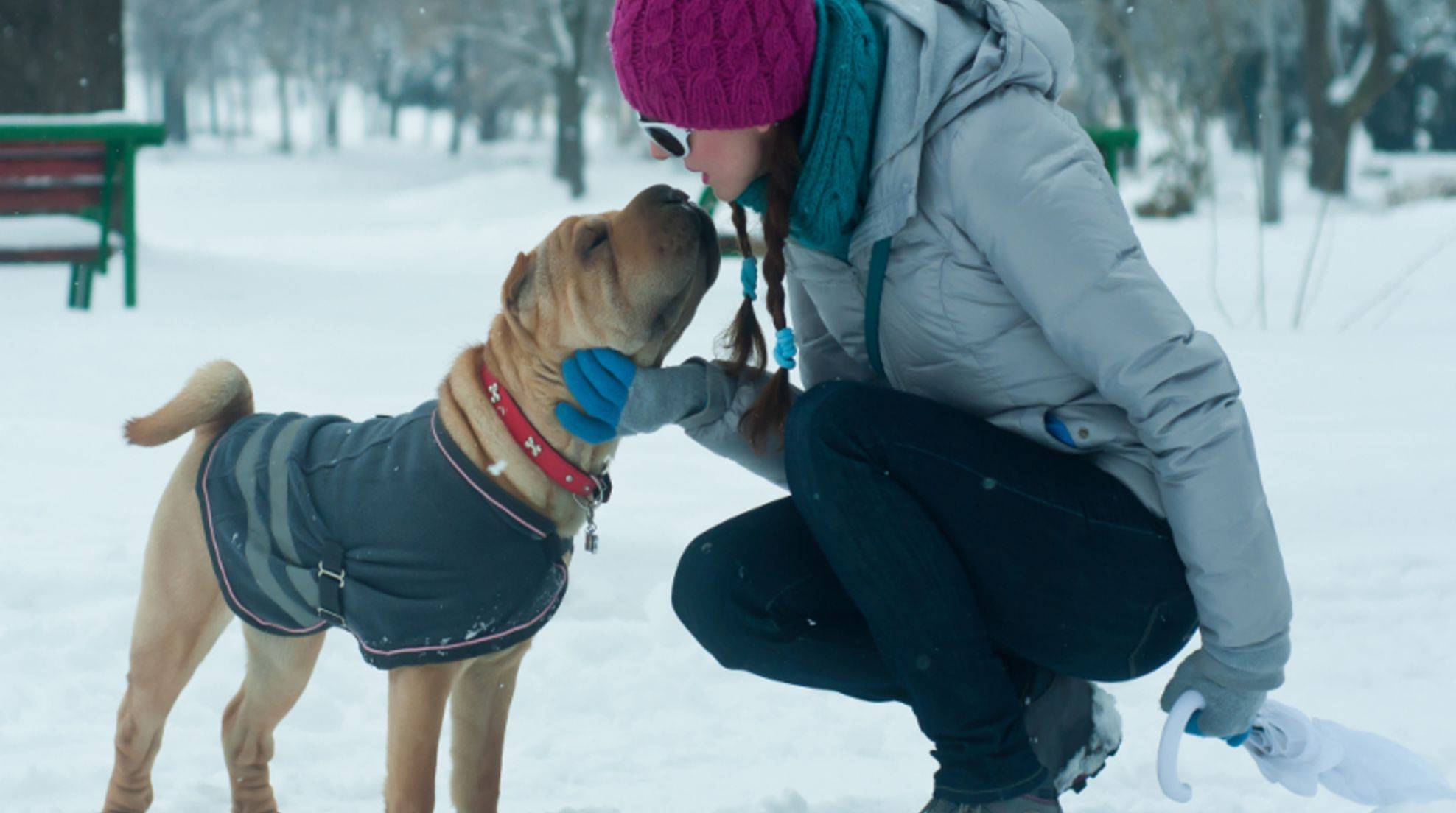The dog is panting all the time: What does this mean?
Is your dog constantly panting without prior effort and without the weather being hot? This may be a sign that something is wrong with your four-legged friend. What causes can be behind the excessive panting, we tell you here.
If it is hot or your dog has just exerted himself physically, his panting is no cause for concern. Heavy breathing is typical for four-legged friends. But why is it like that?
Why do dogs pant?
A dog pants to lower its body temperature – especially on hot days or exercising heavily beforehand. The fact that a quadruped lets its tongue hang out of its mouth, breathes in through its nose and out through its mouth is comparable to human sweating.
This is because, unlike humans, dogs have no sweat glands except on their paws. For this reason, they have to get rid of excess heat in some other way, and they do this by panting. In the process, fresh air circulates through their throats, helping them cool down from the inside out.
Dog panting all the time: Possible causes
However, what does it mean when a dog is constantly panting without exertion or warm weather? The causes of excessive panting can be many and varied. Therefore, panting must always be considered in the context of the situation and the overall condition of the animal:
Is the panting perhaps related to your pet’s weight or breed? Overweight and short-headed dogs, such as Pugs, Boxers, or Pekinese, generally tend to have breathing problems and therefore pant more than their peers.
Is your dog constantly panting and restless? This may be a sign of stress. This may be due to anxiety or nervousness triggered by deafening noises.
Is the dog constantly panting and yawning? Then he is possibly exhausted or overstrained. The four-legged friend seems unfocused; they breathe heavily and drool if necessary.
Illnesses and pain can also be the cause of panting. For example, poisoning or an organ injury such as gastric torsion may be behind. If an old dog is constantly panting, joint pain or heart and lung diseases are often the cause.
Attention: Since extreme panting alone cannot tell you where the dog is in pain or what exactly is wrong with it, you should consult a veterinarian as soon as possible. He can get to the bottom of the exact cause and act accordingly.
Sometimes a cool pad to sleep on, a change in food, or a change in daily routine – for example, no dog sports in the evening – is enough. Medication is necessary to get the constant panting under control in other situations.

